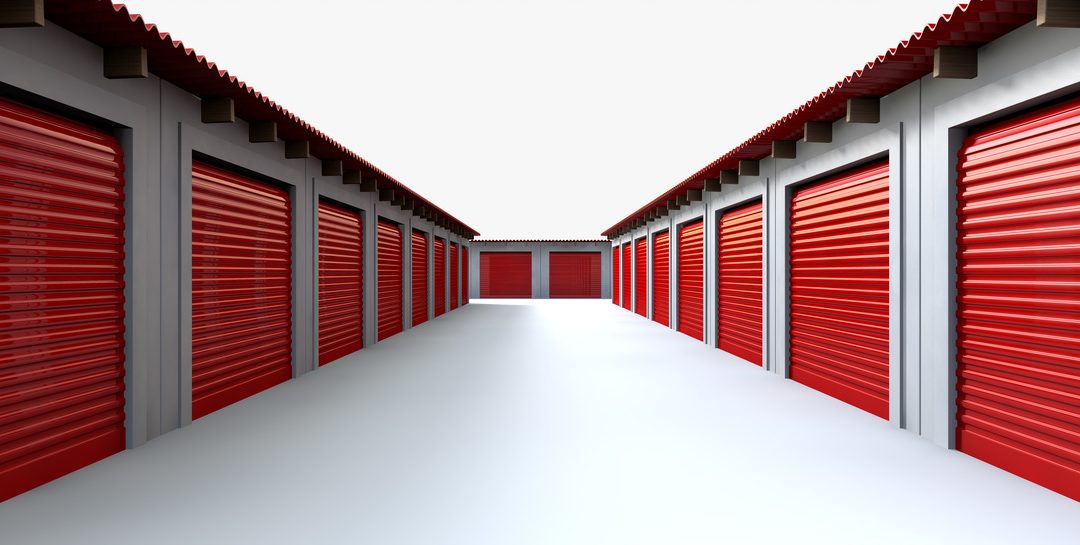Storage units can be used for multiple different reasons. Are you downsizing and can’t fit everything into your new house? Or maybe you’re remodeling and need to move some stuff into storage temporarily during construction. Regardless the reason, a storage unit can help you in a tight bind or when life suddenly throws you a curve ball.
If you are moving, remodeling, or just have too much stuff, there are some items that you should absolutely not put into storage. Some of the items on this list you think would be common sense, but it’s shocking what can be discovered in forgotten or abandoned storage units! Here is our list for 10 items you should not move into a storage unit:
1. Animals: Remember when we said some things are common sense to not have in storage units? Well, this is one of them. It’s not overly unusual for cats, fish, reptiles or other animals to be discovered in storage units. Disregarding the smell, this is also dangerous for your animals and other people, in case they were to get loose. On top of all the risks, it is also animal abuse to leave animals in conditions like this. Pets are always better in a loving, safe environment!
2. Chemicals: Even if you think you may be a seasoned chemist, do not leave anything that may contain chemicals, toxic or may be considered flammable in your storage unit. It can pose a health risk for yourself and other people storing stuff around you. Not to mention the possibility of an explosion which could damage or injure everything around it. Better to keep stuff like this in a safe and secure area like a laboratory!
3. Food: Think you will be able to save some money by storing your food in a unit during a move or a transition? Unfortunately, it is not the smartest move. Besides the threat of having your perishables rot, you also have the possibility of rats or mice getting into your units and consuming your food. As a result, this can leave a nasty smell to your unit.
4. Plants: A storage unit is probably not the best place to try to store plants or try to keep them alive. They need sunlight and fresh air at the least to thrive and grow. If you are remodeling your house and are trying to eliminate excess stuff in you house, your best bet is to stick everything outside rather than in a unit.
5. Valuables: Valuables can mean many different things to people. It could be a record collection, jewelry, paintings, clothes, etc. If something has a lot of value or meaning to you, try to avoid keeping it in your unit. No matter how hard your facility tries to keep security up, you never want to risk the possibility of having your stuff stolen or ruined.
6. Important Documents: Insurance policies, birth certificates, passports, financial documents – do not leave any important documents or paperwork with personal details in your storage facility. Aside from having them stolen, they could be water damaged or ruined in other ways. Best to keep them in a safety deposit box or a safe near your person.
7. Stolen Goods: Firstly, do not steal. As an added precautionary warning, do not store any stolen goods or items into your storage unit. Your storage facility will most likely have cameras all over to watch over your belongings and prevent people from breaking in and causing damage. If your facility manager expects any illegal activity, they won’t hesitate to contact the authorities to have it checked out.
8. Wet and Damp Items: It’s easy to come into your storage unit and to clean stuff up and to accidentally leave stuff behind. Anything that is wet or damp can immediately produce mold in your unit. It doesn’t take very long for mold to grow, especially during certain times of the year when there is not a lot of sunlight.
9. Cars: Storage units are not the best place to store a car. The weather can take a toll on the quality of the car, especially if it’s an antique one. Water and fire are always a threat. Water damage especially can be detrimental to your vehicle. Not to mention if someone sees you working in your storage unit or pulling your car into your unit, they might come back later and try to steal it.
10. Firearms: Depending on what state you live in, there might be laws against storing firearms in storage units. It’s best to avoid it regardless of the law. You may have risked someone accidentally injuring themselves or somebody else. Plus, no one wants thieves to get their hands on anything of the sort.
Hopefully, this list can give you some insight of what you should or should not bring into your storage unit. Have any more questions or concerns? Contact West Coast Moving & Storage regarding our climate controlled piano storage facilities or moving services today!

